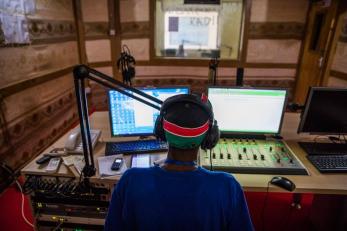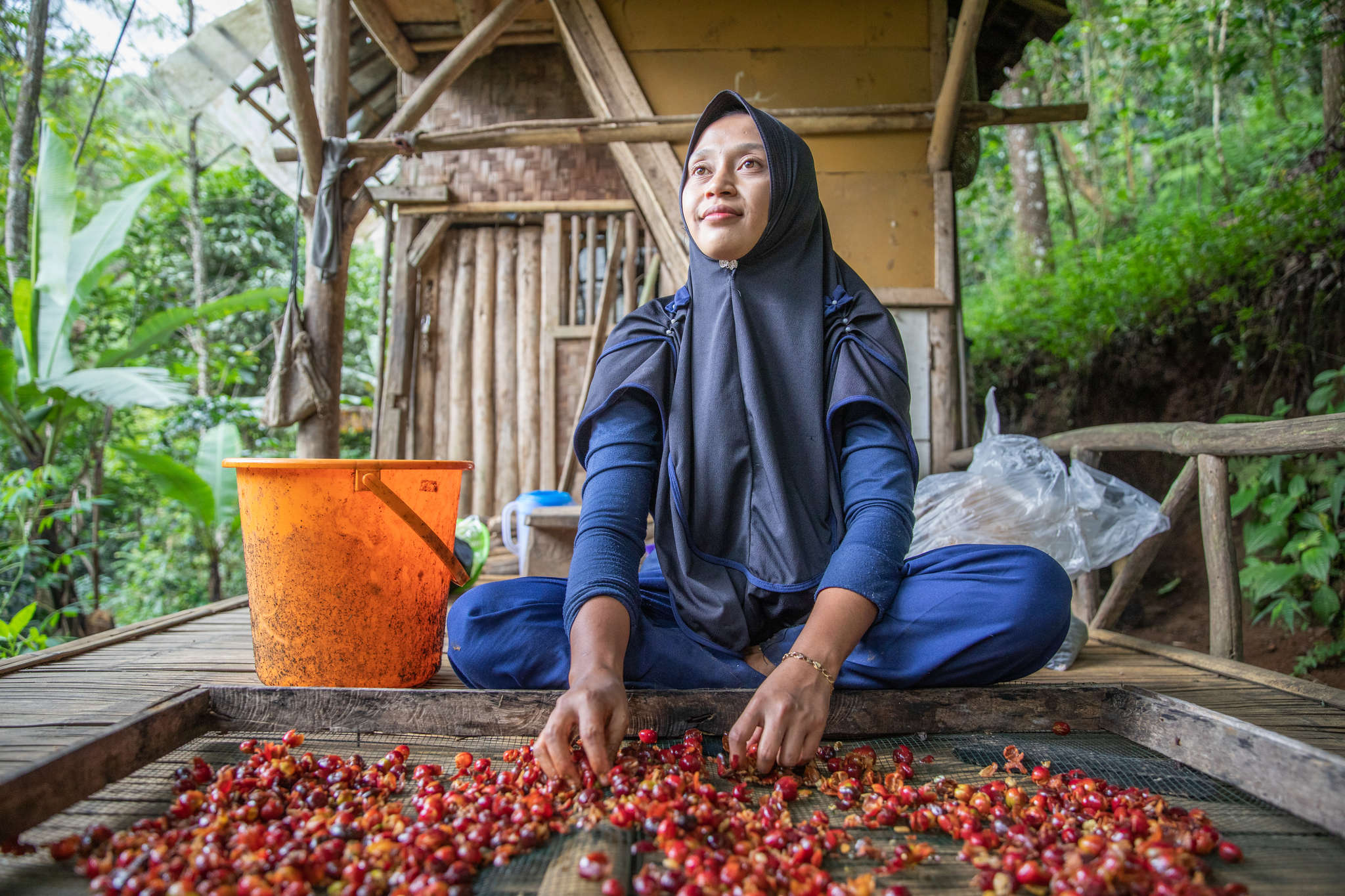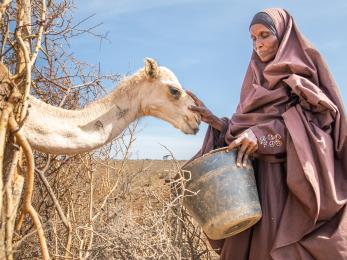Fighting the impact of climate change one radio show at a time

Climate change is affecting every country across the globe. From rising sea levels in Indonesia to extreme weather events across the U.S, there is no doubt that climate change will continue to ravage communities — with harmful and even fatal results.
Northeast of Nairobi, the county of Wajir, Kenya has witnessed the negative effects of climate change firsthand. As drought becomes more common, community members are forced to travel several miles in search of water. Herders can no longer rely on their herds as a source of income due to the lack of food and water, making survival an even more difficult task.
In an effort to better cope with the effects of climate change, Wajir found a simple solution — a community radio. Through radio talk shows and various messages, Wajir Community Radio serves as a communications resource to inform the Wajir community, particularly herders, with climate information. In addition to climate programming, the radio also airs gender and natural resource management programming to the community.
Halima, 36, serves as the station manager for Wajir Community Radio. Halima says that over the last 10 years, she has witnessed extreme weather changes in her community.
“The pattern of rains has really changed. Most of the rains now are below normal. The fodder production is very little. There’s a lot of heat, that shows there’s a lot of changes in the ozone layer.”

In her role, Halima runs day-to-day activities, mobilizes resources and directs and schedules programs for Wajir Community Radio. Currently, the radio covers a 207-kilometer radius — but Halima’s goal is to reach all of North and Northeastern Kenya.
With our support, Wajir Community Radio has been able to expand to other counties outside of Wajir, including Garissa, Isiolo and Mandera, reaching a larger audience that has also been affected by various disasters like droughts and floods. In addition to nearly doubling its audience, we also provided studio and transmitter equipment as well as more localized weather information to the Wajir community.
Before our support, Wajir community members could only access daily weather forecasts from Kenya’s meteorological department. Now, Wajir Community Radio provides weekly localized weather reports specifically for Wajir county. Through the climate programming on Wajir Community Radio, Halima explains that they are able to provide recommendations to herders on how they should handle their herds, depending on the climate and rains for the season.
“We usually tell the pastoralists to sell their livestock and then save the money so that they can restock later on when the condition has improved,” she says.

In addition to the climate programming, Wajir Community Radio has a significant gender program. This program discusses topics like gender-based violence, girls’ education and resilience to climate change. Wajir Community Radio has also included a toll-free line for women and girls in the community to call and report any gender-based violence cases.
As the only station in the county, Wajir Community Radio has filled a critical role in the community. When asked what the future looks like for the station, Halima explains that social media is the next best platform for the radio station. Currently, the radio station has joined Twitter and Facebook and plans to begin podcasts in the near future.
“We are working for the community,” Halima says. “This is a very big investment and the community really appreciates it. If a project comes from the community, it is very difficult to die.”


